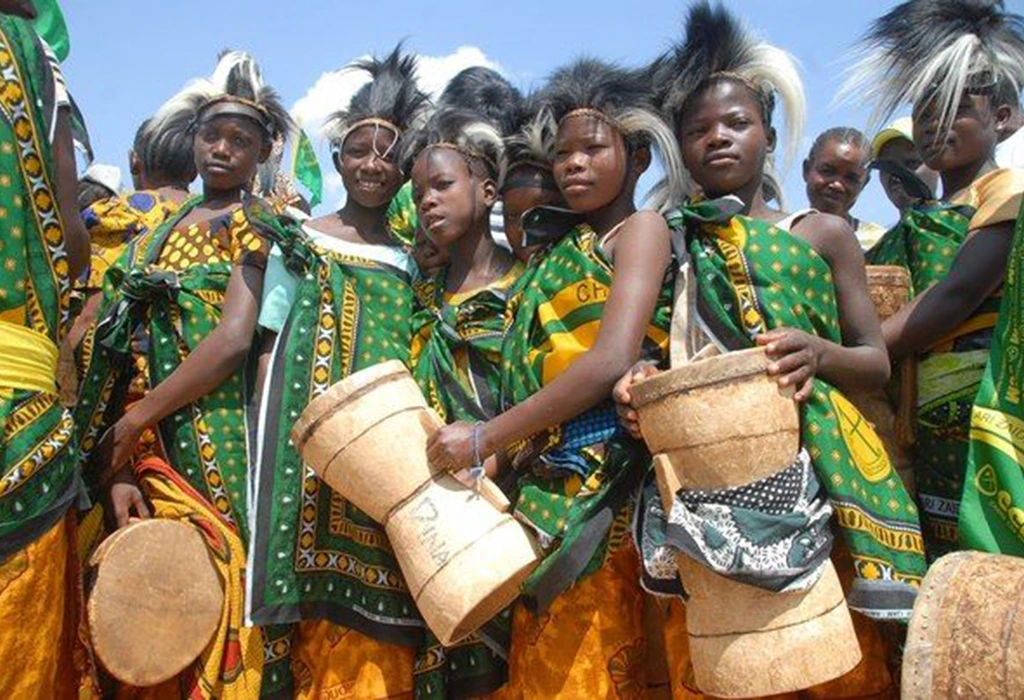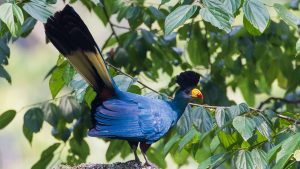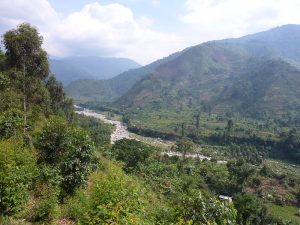The Lamu Cultural Festival is an annual celebration that takes place on Lamu Island, off the coast of Kenya. This iconic event is a vibrant showcase of Swahili culture, drawing thousands of local and international visitors each year. Held in the historic Lamu Old Town, a UNESCO World Heritage Site, the festival brings centuries-old traditions to life through music, dance, art, cuisine, poetry, and sport. It is one of the most anticipated cultural events in East Africa, known for its authenticity and deep cultural roots. If you are searching for the best cultural experience in Kenya or East Africa, the Lamu Cultural Festival stands out as a must-visit event.
When and Where Is the Lamu Cultural Festival Held?
The Lamu Cultural Festival typically takes place in late November, and the 2024 edition is scheduled from November 28th to 30th. It is held in Lamu Old Town on Lamu Island, which lies along Kenya’s northern coastline in the Indian Ocean. This town is not only a cultural hub but also the oldest and best-preserved Swahili settlement in East Africa. To get to Lamu Island, visitors can fly from Nairobi or Mombasa to Manda Airport, followed by a short boat ride to the island. As you approach Lamu by sea, the sight of the ancient stone buildings and bustling harbor sets the tone for the unforgettable cultural immersion awaiting you.
What Events and Activities Take Place During the Festival?
One of the most exciting aspects of the Lamu Cultural Festival is its wide range of traditional activities. Visitors can witness thrilling dhow sailing races—a nod to Lamu’s maritime history—where local sailors compete in traditional wooden boats across the turquoise waters. Donkey races are another highlight, showcasing the island’s most iconic form of transport. In addition, cultural performances such as Swahili poetry readings, traditional dances, and music concerts provide a vibrant soundtrack throughout the festival.
Food lovers will enjoy the chance to sample authentic Swahili cuisine, including dishes like biryani, pilau, and coconut-based seafood stews. Meanwhile, art lovers can explore exhibitions and workshops that highlight Swahili wood carving, handwoven mats, and intricate jewelry. These activities give travelers a chance to engage with the local community and understand the traditions that have shaped the region for centuries.
Why Is the Lamu Cultural Festival Important?
The festival plays a critical role in preserving and promoting Swahili cultural heritage, which is deeply rooted in African, Arab, and Indian influences. In a world where traditional practices are rapidly disappearing, the Lamu Cultural Festival acts as a beacon of cultural pride and continuity. For the local community, it is an opportunity to celebrate their identity and showcase their rich history to the world. For visitors, it offers an authentic and immersive experience that goes far beyond typical tourist attractions.
Moreover, the festival boosts the local economy through tourism, creating employment opportunities and encouraging investment in cultural preservation. As a result, attending the Lamu Cultural Festival contributes to sustainable cultural tourism in Kenya.
What Can You Experience as a Visitor to the Lamu Cultural Festival?
As a visitor, the Lamu Cultural Festival offers a full sensory experience that immerses you in the vibrant culture of the region. The narrow streets of Lamu Old Town come alive with the vibrant colors of fabrics, the rich aroma of spices, and the rhythmic beats of traditional music. The festival encourages active participation, allowing you to join events such as cooking classes, Swahili dance workshops, and more.
In addition to daytime activities, you can enjoy nighttime dhow cruises under the stars, offering a serene and picturesque view of the island from the water. Visiting local museums provides insights into Lamu’s history and cultural heritage, while a walking tour through Lamu’s Old Town allows you to explore the town’s remarkable Islamic architecture and coral stone buildings.
Shopping at the local markets for handmade crafts and textiles is another unforgettable experience, as you browse through a variety of locally crafted items. Whether you’re an avid photographer, a cultural enthusiast, or simply a curious traveler, the festival offers countless opportunities to connect with the local heritage and create lasting memories.
How Do You Plan Your Trip to the Lamu Cultural Festival?
Planning a trip to the Lamu Cultural Festival involves several essential steps to ensure a smooth and enjoyable experience. First, book your flight to Manda Airport (LAU) well in advance, especially during the festival season when demand is higher. Upon arrival, take a boat ride to Lamu Town, offering a unique and scenic start to your journey.
Accommodation options in Lamu cater to a wide range of budgets, from affordable guesthouses to luxurious Swahili-style resorts. It’s a good idea to book your stay early to secure the best options, particularly during the festival when accommodations can fill up quickly.
For packing, opt for lightweight clothing suited to the warm coastal weather. However, it’s important to respect local customs by dressing modestly, particularly when visiting religious sites or interacting with local communities. Also, keep in mind that many places in Lamu may not accept credit cards, so it’s best to carry cash for convenience.
Although Lamu is generally safe for tourists, stay updated on any travel advisories and always use reputable tour services. To maximize your experience, consider joining a guided cultural tour or hiring a local guide. A guide can provide valuable insight into the significance of the festival’s activities and sites, ensuring a deeper understanding of this vibrant celebration.
Who Should Attend the Lamu Cultural Festival?
The festival is ideal for anyone with an interest in cultural tourism, African heritage, or Swahili history. Solo travelers, families, history buffs, and art lovers will all find something to enjoy. It’s also perfect for photographers and travel writers looking for unique stories and visuals.
For those passionate about cultural preservation and authentic travel experiences, attending the Lamu Cultural Festival provides a meaningful and enriching journey. It is also an educational experience for students and researchers interested in East African history, Islamic architecture, and intercultural connections.
How Does the Lamu Cultural Festival Preserve Swahili Traditions?
The Lamu Cultural Festival actively preserves Swahili traditions by bringing together elders, artists, musicians, and young people in shared celebration. Through oral storytelling, music, dance, and craftsmanship, the festival ensures cultural knowledge is passed down from one generation to the next.
The event also provides a platform for traditional artisans to showcase their skills and earn a living, helping sustain cultural practices that might otherwise fade away. Furthermore, it promotes pride in local identity, encouraging community members to value their heritage in a rapidly globalizing world.
Why Should You Attend the Lamu Cultural Festival?
Attending the Lamu Cultural Festival is more than just a travel experience it is a cultural awakening. With its rich traditions, welcoming community, and unforgettable activities, the festival provides deep insight into East Africa’s Swahili heritage. For travelers seeking meaningful connections, unique traditions, and stunning coastal scenery, this event is a hidden gem waiting to be discovered.




